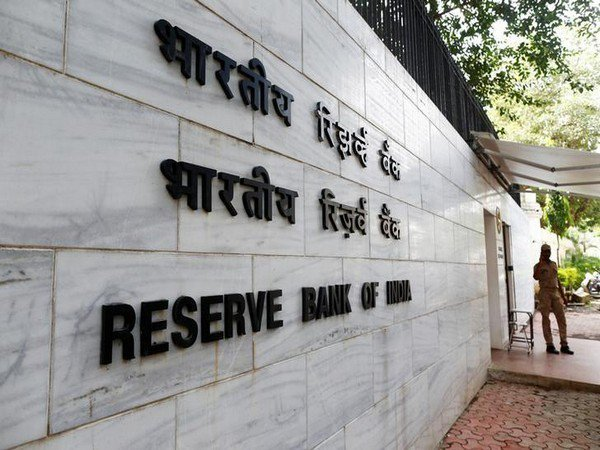
Mumbai: Macroeconomic stability is getting bolstered with inflation being brought into the tolerance band and lead indicators suggesting that the current account deficit is on course to narrow through the rest of 2022 and 2023, says an article in the RBI's January monthly bulletin.
The bulletin includes three speeches and five articles. "A slowdown in growth with possibilities of recession in large swathes of the global economy has become the baseline assessment even as inflation may average well above targets," says the article 'State of the Economy'. It said emerging markets are appearing more resilient than in the year gone by, but their biggest risks in 2023 stem from US monetary policy and the US dollar.
"In India, the softening of commodity prices and other costs amidst strong revenues appears to have boosted corporate performance. Macroeconomic stability is getting bolstered with inflation being brought into the tolerance band and lead indicators suggesting that the current account deficit is on course to narrow through the rest of 2022 and 2023."
The article 'Productivity Growth in India: An Empirical Assessment,' said that productivity growth can be achieved either through resource reallocation or technological progress.
The article seeks to examine whether aggregate productivity growth in India is driven by resource reallocation effects or an increase in technological progress within each sector during 2001-19.
The article also looks into the key sectors that contributed to aggregate productivity growth.
The article 'What Drives Startup Fundraising in India?' presents an analysis of fundraising by the Indian startups over the past decade, along with an overview of the venture capital financing model.
The article empirically derives the important factors that determine the quantum of start-up funding at the economy-wide level as well as at the firm level.
The article 'Open Market Operations in India - An Appraisal,' states that in a modern market-based monetary policy operating framework, open market operation (OMO) is the principal instrument of liquidity management by central banks.
The article reviews the Indian experience of OMOs and examines their impact on the central bank's balance sheet. It also examines the role OMOs play in a world with significant spillover effects.
The article 'Supply of Banking Services and Credit Offtake: Evidence from Aspirational District Programme in the Eastern Area' explores the causal relationship between credit intermediation and economic growth by looking at the credit to deposit (C-D) ratio - a measure of credit intermediation - in the districts of Eastern India which are covered under the aspirational districts programme (ADP) launched in 2018 by the Government of India.